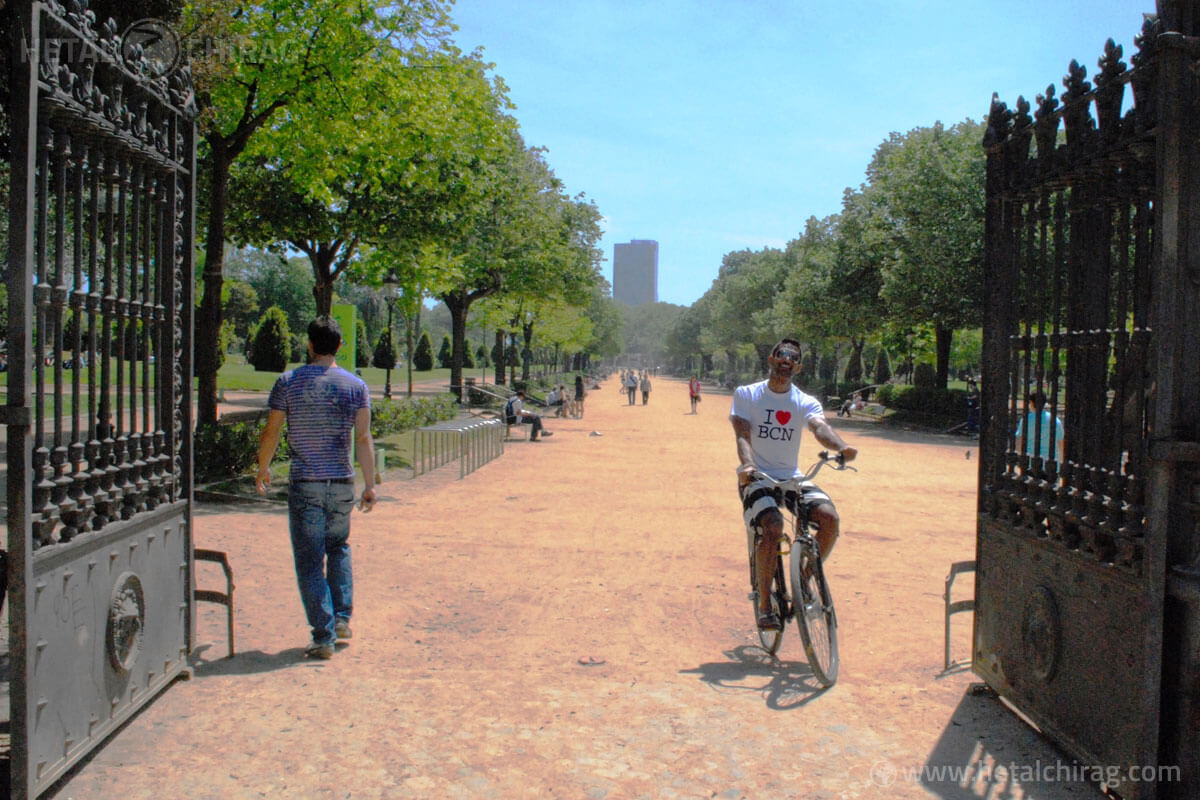After completing Mechanical Engineering at McMaster University, Canada, four of my roommates and I went on a month long Euro-trip covering Switzerland, Spain, France, Italy, Netherlands and Germany. Since we all wanted to have a real backpacking experience, we booked best possible hostels, apartments and rental cars to cover as much of Europe as we possibly could.
Spain was the first destination of our Euro-trip. After spending weeks inside libraries to prepare for the finals, we wanted to start off by relaxing on a sunny beach in Barcelona. Our hostel, Equity Sea Point, was right on the beach in Playa del Mar. Every day we woke up to a beautiful view of the blue ocean and had our breakfast right on the beach.
After relaxing on the beach on our first day and overcoming our jetlag, we decided to explore the city the next morning. With € 12/day rental fees, we rented bikes almost every day to go sightseeing around the city. We started off with walking around the beautiful harbour and biking near Rambla del Mar.
A trip to Barcelona is incomplete without a visit to the famous La Rambla street. This mile long street is filled with cafes, flower shops and street artists. Human statue artists transformed into famous figures freeze in the same position for hours. If you walk down La Rambla for 10-15 minutes, you will see multiple street performers in their perky attires and quirky performances.
Our next stop was Basilica of the Sagrada Familia which I think is one of the best works of Gaudi. As all of us were engineers, we were highly interested in how it was built. We could clearly see Gaudi’s incredible talent throughout the architecture. It was a perfect combination of art as well as engineering both inside and outside.
After visiting the Basilica, we went to see Casa Mila which is another remarkable architectural marvel by Gaudi. The building was nothing like any architecture I have ever seen before. Compared to square and rectangular glass buildings with straight edges in North America, the fluidity and curvy edges of Casa Mila made it stand out with a very unique character.




